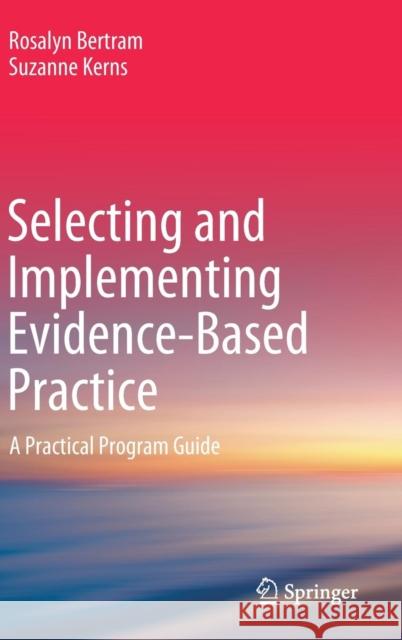Selecting and Implementing Evidence-Based Practice: A Practical Program Guide » książka
topmenu
Selecting and Implementing Evidence-Based Practice: A Practical Program Guide
ISBN-13: 9783030113247 / Angielski / Twarda / 2019 / 154 str.
Kategorie:
Kategorie BISAC:
Wydawca:
Springer Nature Switzerland AG
Język:
Angielski
ISBN-13:
9783030113247
Rok wydania:
2019
Wydanie:
2019
Ilość stron:
154
Waga:
0.41 kg
Wymiary:
23.39 x 15.6 x 1.12
Oprawa:
Twarda
Wolumenów:
01
Dodatkowe informacje:
Wydanie ilustrowane











